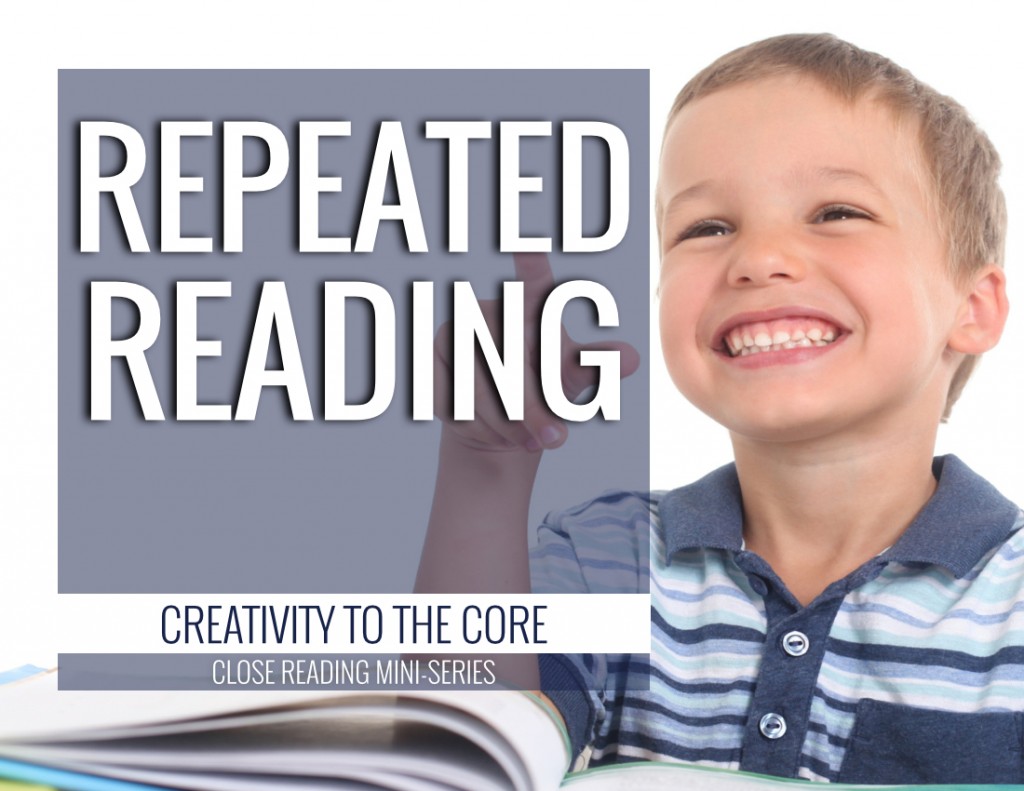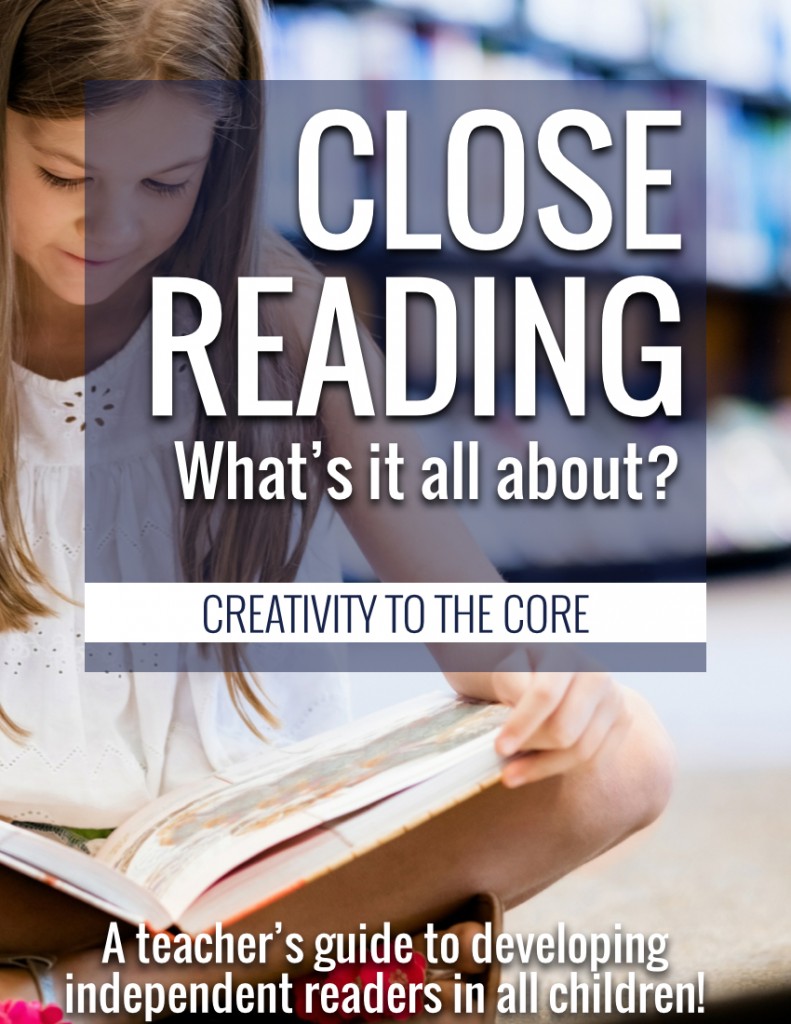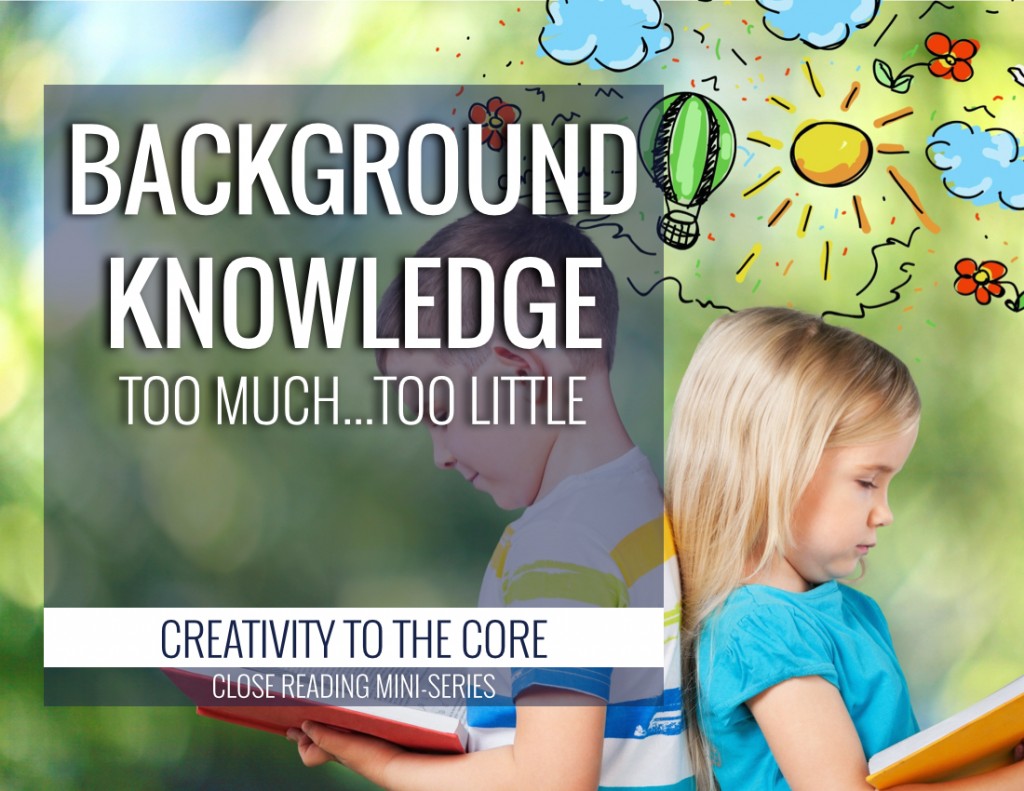Repeated reading is a BIG part of the close reading process. Each time students interact with the text, they come to a deeper understanding of it. Each time, they have more background knowledge than before. Each time, their conversations deepen.
Struggling Readers or English Language Learners
Struggling readers and English Language Learners (ELLs) may need extra time when reading. Each has his/her various challenges. However, close reading is great for struggling readers and/or ELLs because of this repeated reading. It gives kids time and many different opportunities to process information and make connections.
Who is reading?
The text is being read over and over. But who should read the text each time? Many times, the reader changes. It is usually suggested that the students tackle the text independently through silent reading the very first time. However, as mentioned before, modifications must be made for younger students. This may mean that a teacher reads aloud as shared reading for the very first time.
Types of Repeated Reading
-Individual
-Groups
-Teacher
-Partner
Remember that the type and number of repeated readings depends on the
specific passage and students in the classroom. You do not need to use all of those listed above. Choose what works for you and your kids.
specific passage and students in the classroom. You do not need to use all of those listed above. Choose what works for you and your kids.
Thanks for stopping by! Click here to read about annotations while reading!





